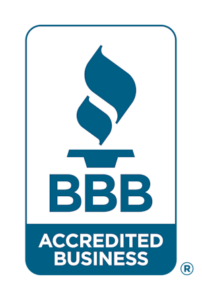Mortgage Forbearance | How It Works Under Cares Act
How Does Mortgage Forbearance work under the United States Treasury Cares Act? Being Licensed Washington State Attorneys practicing bankruptcy and mortgage mediation law in Bellevue and Seattle, WA. we often get asked about how mortgage forbearance works under the United States Treasury Cares Act. In a Media Release on April 3rd, 2020 the CFPB or […]
Should I Hire a Lawyer for a Mortgage Mediation or Foreclosure?
Should I Hire a Lawyer for a Mortgage Mediation or Foreclosure? – If your lender has failed to approve previous effort to modify your loan, often mediation is the best way to go. What is mediation? Foreclosure mediation is a meeting where a homeowner and mortgage lender negotiate potential modifications or other alternatives before an […]
What to Do After Filing for Personal Bankruptcy
Many people feel like absolute failures after filing for bankruptcy. Therefore, you may be surprised to learn that it’s actually becoming more and more common and that YOU’RE NOT ALONE. Bankruptcy happens to the answer for many debtors who simply need a fresh start. Now, the question is, “what do I do now to ensure […]





